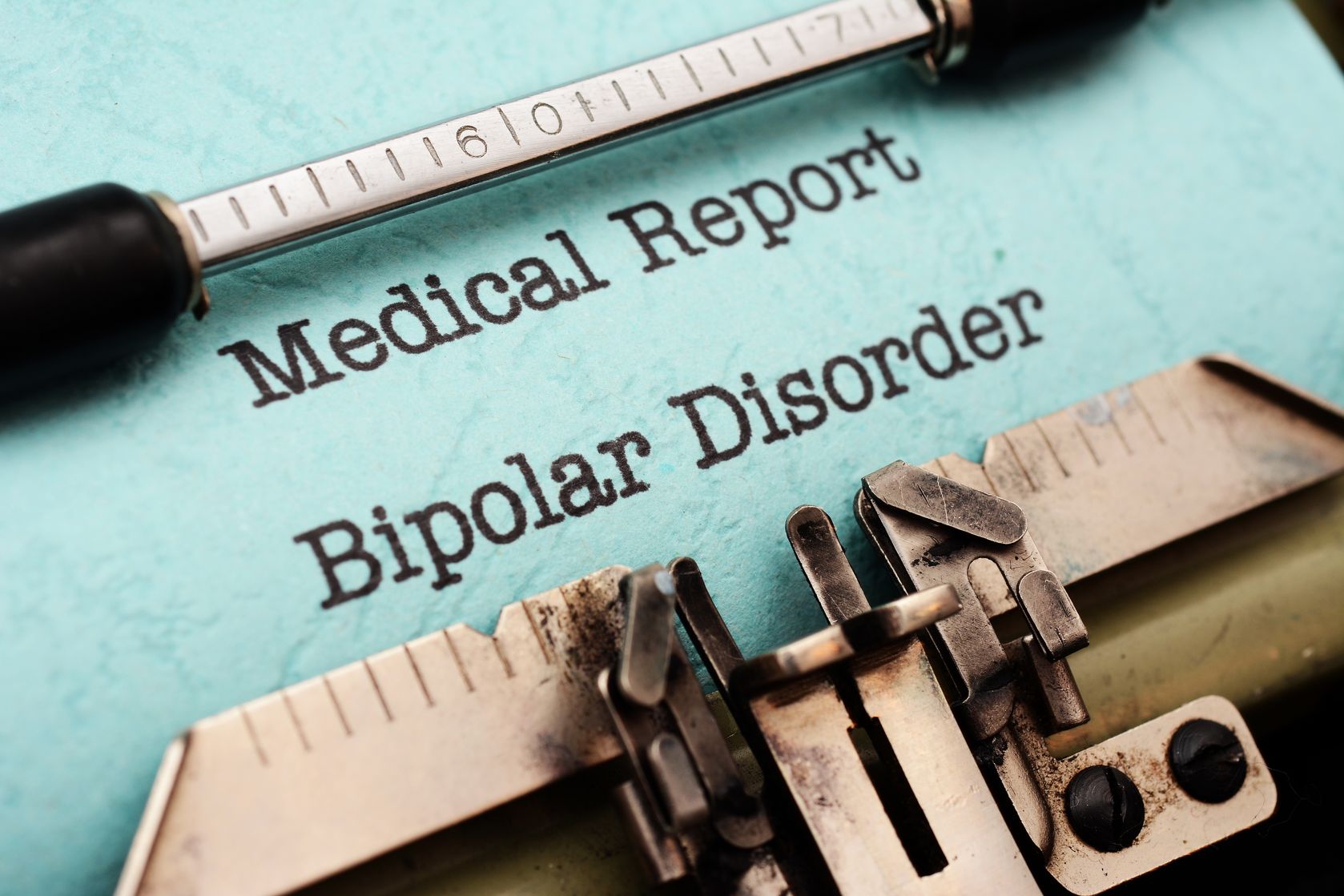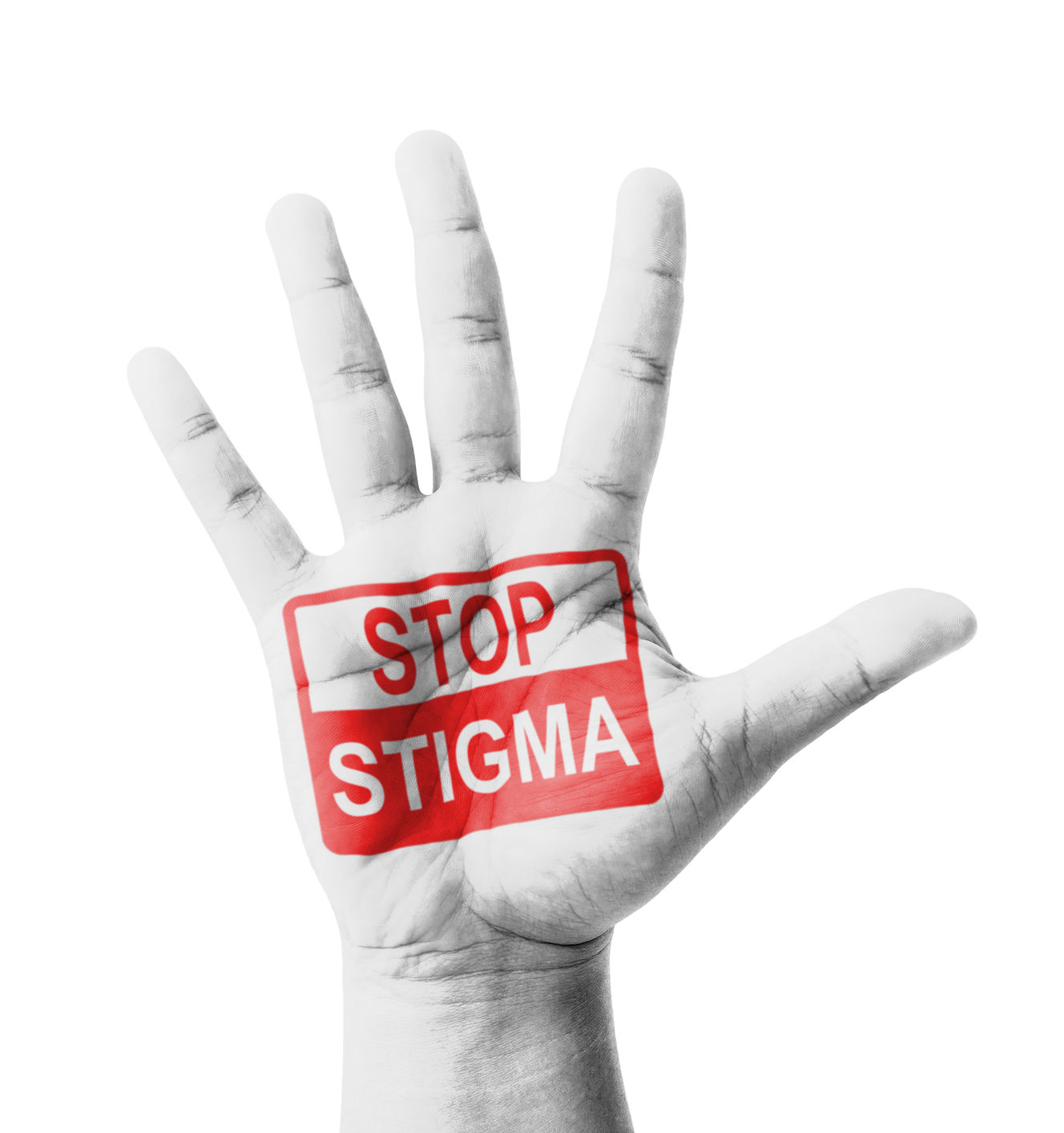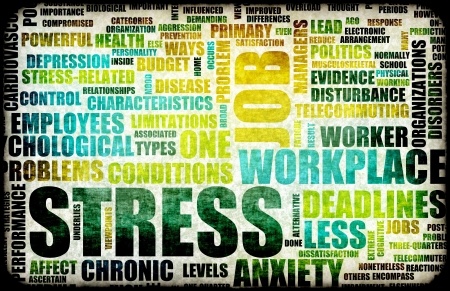 The current focus on mental health in academia is a topic that has always been close to my heart. I suffered from bouts of depression and mania for all of my teenage years and was officially diagnosed as bi-polar in my undergraduate degree. I look back on this period and thank my lucky stars that I never have to do it again. I often found myself in extreme situations in manic episodes and then feeling suicidal in the ‘down’ periods. As I went thought up though MA to PhD (at a different institution) I gained an understanding and control of my condition, and I thought the worst was behind me. A wonderful PhD supervisor went a long way to give me confidence in my work, and I seemed to be ticking all the required boxes: I had secured a book contact, published in journals and my PhD was on track.
The current focus on mental health in academia is a topic that has always been close to my heart. I suffered from bouts of depression and mania for all of my teenage years and was officially diagnosed as bi-polar in my undergraduate degree. I look back on this period and thank my lucky stars that I never have to do it again. I often found myself in extreme situations in manic episodes and then feeling suicidal in the ‘down’ periods. As I went thought up though MA to PhD (at a different institution) I gained an understanding and control of my condition, and I thought the worst was behind me. A wonderful PhD supervisor went a long way to give me confidence in my work, and I seemed to be ticking all the required boxes: I had secured a book contact, published in journals and my PhD was on track.
 Yet I was emotionally the worst I had ever been. During the lead up to my viva and then for some months afterwards in the endlessly depressing job-hunting process I was seriously ill. This was as close as I have ever come to quitting academia. I clearly didn’t, and things turned around. With treatment I eventually got back to my old self. Treatment for this condition is, of course, varied and, more depressingly, never ending. Whilst I may be fine for years at a time I am always aware that it is potentially a temporary situation.
Yet I was emotionally the worst I had ever been. During the lead up to my viva and then for some months afterwards in the endlessly depressing job-hunting process I was seriously ill. This was as close as I have ever come to quitting academia. I clearly didn’t, and things turned around. With treatment I eventually got back to my old self. Treatment for this condition is, of course, varied and, more depressingly, never ending. Whilst I may be fine for years at a time I am always aware that it is potentially a temporary situation.
 One of the biggest concerns that face anyone with a diagnoses such as bi-polar is ‘Do I tell my employer?’ During the job-hunting process, no, I never declared it. The stigma with mental health is such that I am 100% confident that the taint of it in the already tough interview process would prevent people from seeing you as a viable option for employment. However, I have had permanent academic job for a number of years and I have been quite open to my line manger and (some) colleagues about the condition. This in part is due to the need to be honest when a period of relapse takes place. Whom you tell is a complex question. I thought long and hard about whether to publish this anonymously, but in the end decided against it. I cannot say ‘Don’t be ashamed,’ and then act like I am. There is a lot of stigma and I have been told more than once to be less honest about suffering from mental health issues. People still see it as shameful and embarrassing, a fact that is wrong. It is an illness like any other and the more we talk about it the less of a problem it will be.
One of the biggest concerns that face anyone with a diagnoses such as bi-polar is ‘Do I tell my employer?’ During the job-hunting process, no, I never declared it. The stigma with mental health is such that I am 100% confident that the taint of it in the already tough interview process would prevent people from seeing you as a viable option for employment. However, I have had permanent academic job for a number of years and I have been quite open to my line manger and (some) colleagues about the condition. This in part is due to the need to be honest when a period of relapse takes place. Whom you tell is a complex question. I thought long and hard about whether to publish this anonymously, but in the end decided against it. I cannot say ‘Don’t be ashamed,’ and then act like I am. There is a lot of stigma and I have been told more than once to be less honest about suffering from mental health issues. People still see it as shameful and embarrassing, a fact that is wrong. It is an illness like any other and the more we talk about it the less of a problem it will be.
I compare now to the 1990s when I was first diagnosed and I can see how far we have come in terms of acceptance and workplace engagement with the issue. There is still a long way to go but the more people demand a change then eventually a positive shift in the way academia treats health problems will occur.
 One way to deal with the issue is to know your own condition. What do you need to keep well? What triggers you? What are the warning signs? Knowledge is power and we are in the knowledge business so ensure you spend as much time researching your condition as you would a conference paper! I arrived as a junior lecturer in my current institution in 2007 and, with what I know about myself in mind, I set about establishing a network of support to aid me when things got tough. Now I see my bi-polar in many ways as a ‘positive’ thing. It has made me creative, quick, given me a depth of experience and sense of self that I am not sure I would otherwise have had.
One way to deal with the issue is to know your own condition. What do you need to keep well? What triggers you? What are the warning signs? Knowledge is power and we are in the knowledge business so ensure you spend as much time researching your condition as you would a conference paper! I arrived as a junior lecturer in my current institution in 2007 and, with what I know about myself in mind, I set about establishing a network of support to aid me when things got tough. Now I see my bi-polar in many ways as a ‘positive’ thing. It has made me creative, quick, given me a depth of experience and sense of self that I am not sure I would otherwise have had.
What goes up must come down – I know this better than most. My best work has been written in a state many might call manic. However, this positive manic period is counteracted by the periods of depression that are like hell on earth. For this reason I have sought to keep a balance in the last decade, to get off the roller coaster so to speak. My pregnancy was considered a very ‘at risk’ period, but I never felt better and happier. I was very, very lucky in that respect but I will say that support for mothers who return to work leaves a lot to be desired and work has been even more stressful and difficult since I have returned.
 I think that mental health in the university environment is at its worst level to date for one key reason: the sheer amount of work we have. REF, student satisfaction, student complaints, research, grant capture, ‘impact’ and public engagement are just a few of the areas we are told we need to excel in. Add the endless round of office politics and the constant feelings of job insecurity, and you have a lethal cocktail. The best and only advice I can give for dealing with issues like mental health is you need to tell someone; only then can you get help. Undergraduates, postgraduates, junior and senior staff … huge numbers of people are in the same boat and it may be the person who you least expect who suffers from mental illness.
I think that mental health in the university environment is at its worst level to date for one key reason: the sheer amount of work we have. REF, student satisfaction, student complaints, research, grant capture, ‘impact’ and public engagement are just a few of the areas we are told we need to excel in. Add the endless round of office politics and the constant feelings of job insecurity, and you have a lethal cocktail. The best and only advice I can give for dealing with issues like mental health is you need to tell someone; only then can you get help. Undergraduates, postgraduates, junior and senior staff … huge numbers of people are in the same boat and it may be the person who you least expect who suffers from mental illness.
My Key Advice
Seek help. What help you need is subjective (for some it is friends, some medication, others the gym), but it is vital to be able to survive the tough world of academia.
Over the PhD hurdle and job hunting? This is the most difficult time in anyone’s life, but doubly so if you have a history of mental health issues. Be as kind as you can to yourself in this time. The job market is tough but don’t let it destroy you.
 At interview I would avoid mentioning any mental health issues at all. Legally they cannot ask you health and disability related questions; beyond that, if you think that you have ever been discriminated against on grounds of mental health you need to seek independent advice. With that in mind, when you first start a job do be careful whom you tell. It is great to be open and I do encourage it, but people do judge, and toxic people (whether fellow staff, management or, in rare cases, students) may misuse this information. If you can (and symptoms allow), wait until you are settled in, you have gotten to know your colleagues better, and you have proven your value to the workplace before you ‘come out’, so to speak.
At interview I would avoid mentioning any mental health issues at all. Legally they cannot ask you health and disability related questions; beyond that, if you think that you have ever been discriminated against on grounds of mental health you need to seek independent advice. With that in mind, when you first start a job do be careful whom you tell. It is great to be open and I do encourage it, but people do judge, and toxic people (whether fellow staff, management or, in rare cases, students) may misuse this information. If you can (and symptoms allow), wait until you are settled in, you have gotten to know your colleagues better, and you have proven your value to the workplace before you ‘come out’, so to speak.
The debate on whether to tell students continues. Yes, it is nice to show solidarity and prove you really do understand, but on the other hand it is about them and not you. Just tread carefully.
 If you get sick you have to be honest. My sister (an A&E nurse) once stated ‘there is no such thing as an academic emergency’. This is very true and you need to remember it. People break their legs, people get measles, some people get clinical depression and some have schizophrenia. If you are a serious danger to yourself or others you should not be in work – seek emergency help. Other than that, talk to your manager and the person in HR responsibly for staff welfare. I was terrified of telling my current university’s occupational health officer about my issues, but he was, and continues to be, kind, helpful and supportive.
If you get sick you have to be honest. My sister (an A&E nurse) once stated ‘there is no such thing as an academic emergency’. This is very true and you need to remember it. People break their legs, people get measles, some people get clinical depression and some have schizophrenia. If you are a serious danger to yourself or others you should not be in work – seek emergency help. Other than that, talk to your manager and the person in HR responsibly for staff welfare. I was terrified of telling my current university’s occupational health officer about my issues, but he was, and continues to be, kind, helpful and supportive.
To date, although there have been some very tough times indeed I have never failed to make a work commitment due to my condition. I want the university environment, and those who would hesitate to engage with anyone with a mental health condition, to remember one key thing – a mental health condition makes no difference to my abilities, yes, sometimes I need extra support but so does everyone at some point in their lives.
1 Comment on “Upwards, Downwards, & Onwards: Being Bi-Polar in Academia”